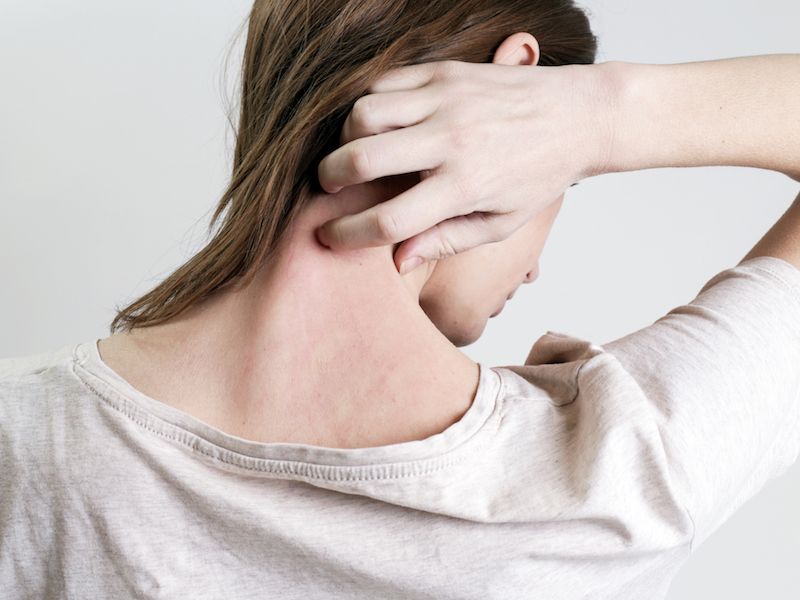
When you think of psoriasis, you most likely recall all those commercials depicted people with skin issues. Psoriasis is more than skin issues and truly affects your overall health. Psoriasis is frequently misunderstood and minimized, due to a lack of knowledge of how psoriasis impacts sufferers as well as the serious conditions that can be related to this disorder. Psoriasis causes responses throughout the whole body despite the fact that skin plaques are the most familiar sign: Chronic Irritation that can increase the danger of metabolic problems and cardiovascular disease.
A new study strengthens the body of research connecting another serious problem to psoriasis: Hearing loss. Published in The Journal of Rheumatology, this research considered connections between psoriatic arthritis, mental health, and hearing impairment. Psoriatic arthritis is a form of psoriasis where inflammation is centered near the joints, causing pain, inflammation, and difficulty moving. The common plaques might not be experienced by people who have psoriatic arthritis.
In the same way as with rheumatoid arthritis (and similar to psoriasis), psoriatic arthritis is an autoimmune disease, the sufferer’s body is basically targeting its own healthy cells. But as opposed to rheumatoid arthritis, you might have psoriatic arthritis on only one knee because it’s asymmetrical, and that aside from joints, it commonly targets sufferer’s nails (resulting in painfully swollen toes and fingers) and eyes.
Based on the findings of this recent study, hearing could also be impacted by psoriatic arthritis. A significant control group of individuals with neither psoriasis or psoriatic arthritis were compared to people who had one or the other condition. They discovered that loss of hearing was more likely to be documented by the group that had psoriasis, and those reports were supported by audiometric testing. Even when other risk considerations are taken into account, people diagnosed with psoriatic arthritis were significantly more likely to have hearing loss than either {the control group or psoriasis sufferers}.
But that’s not to say there’s no connection between psoriasis, psoriatic arthritis and hearing loss. A 2015 study found that individuals who have been diagnosed with psoriasis are at a considerably higher danger of getting sudden sensorineural loss of hearing, generally known as sudden deafness. With sudden sensorineural hearing loss, people’s ability to hear diminishes substantially in three days or less. There are numerous possible causes for this, but experts hypothesize that individuals with psoriasis are at higher risk as a result of the kind of rapid inflammation that takes place during a flare-up of psoriasis symptoms. The hearing might be affected if this happens near or in the cochlea. This kind of hearing loss, in many instances, can be aided by treatments that alleviate psoriasis., but hearing aids are often recommended when sudden deafness does not respond to other treatments.
If you have psoriasis or psoriatic arthritis, it’s worthwhile to monitor your hearing. Schedule your yearly healthcare appointment along with regular hearing exams. The inflammation from these diseases can lead to damage of the inner ear, which can lead to loss of hearing and issues with balance. There are also links between psoriasis, psoriatic arthritis, depression and anxiety, which can both exacerbate loss of hearing. Hearing loss is a condition you want to catch early because untreated loss of hearing can result in other health issues such as dementia.
With early intervention, you can stay in front of the symptoms by having your hearing checked frequently and working with your doctor, comprehension is key. You shouldn’t have to sacrifice your standard of living for psoriasis or for loss of hearing, and all the difference is having the correct team by your side.

